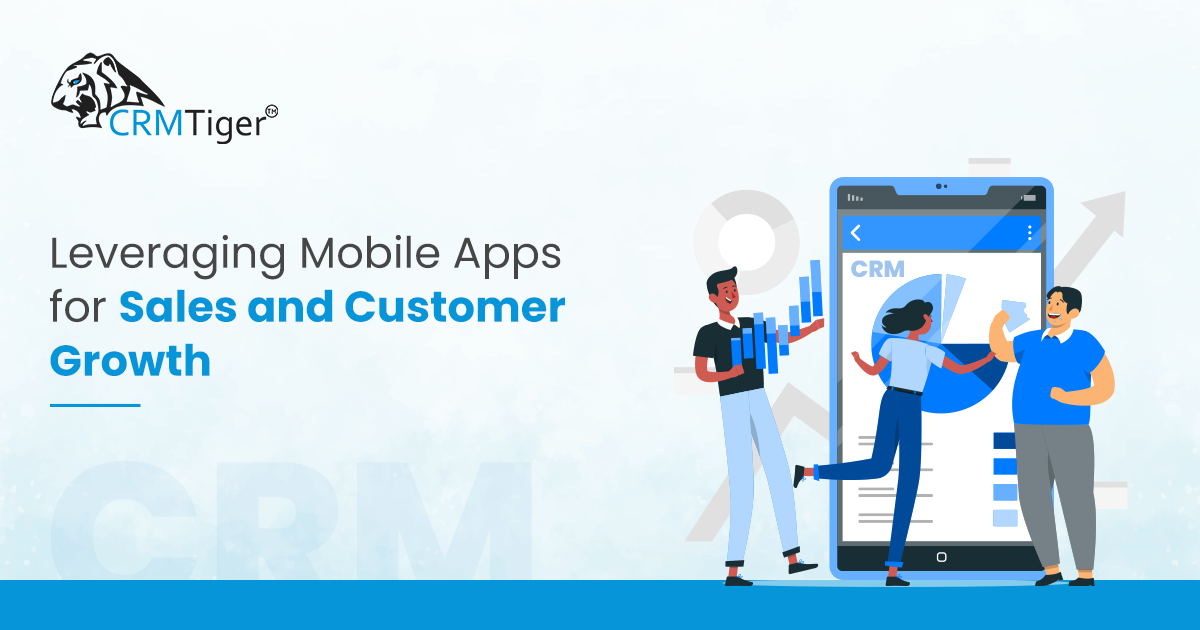
Introduction:
In today’s fast-paced digital world, mobile apps have transitioned from being a luxury to a necessity for businesses looking to stay competitive. They are not just tools for enhancing customer convenience but are powerful drivers of sales and growth. Here’s a deep dive into how leveraging mobile apps can propel your business forward and foster sustainable customer growth.
The Importance of Mobile Apps in Modern Business:
- Enhanced Customer Engagement: Mobile apps offer a direct and personalized channel to engage with customers. With push notifications, in-app messages, and personalized content, businesses can keep their audience informed about new products, special offers, and updates. This constant engagement helps in building a stronger relationship with customers, driving higher retention rates, and increasing lifetime value.
- Streamlined User Experience: A well-designed mobile app can significantly improve the user experience by offering a seamless and intuitive interface. Unlike mobile websites, apps provide faster load times, offline capabilities, and a more personalized experience. This efficiency not only enhances customer satisfaction but also boosts conversion rates.
- Data-Driven Insights: Mobile apps provide valuable insights into customer behavior through analytics tools. By tracking user interactions, purchase patterns, and engagement metrics, businesses can gather data to make informed decisions. This data can be used to tailor marketing strategies, optimize app features, and understand customer preferences, ultimately leading to better-targeted sales efforts and improved customer experiences.
Strategies for Using Mobile Apps to Drive Sales:
- In-App Purchases and Promotions: Offer exclusive discounts, loyalty rewards, or special deals that are only available through the app.
- Personalized Marketing: Leverage data to create tailored offers, product recommendations, and reminders based on user behavior and preferences.
- Seamless Checkout Process: Implement features like one-click payment options, multiple payment gateways, and guest checkout to simplify the process and encourage more purchases.
- Gamification: Incorporate challenges, leaderboards, and rewards to motivate users to interact more with the app and make repeat purchases.
Strategies for Using Mobile Apps to Foster Customer Growth:
- Referral Programs: Encourage existing users to refer new customers by offering incentives for both the referrer and the new user.
- Social Integration: Allow users to share their experiences, purchases, or achievements on social media to reach a broader audience and attract new users.
- Customer Support and Feedback: Incorporate robust customer support features and actively seek and act on user feedback to improve the app and address issues.
- Continuous Improvement and Updates: Regularly update your app with new features, improvements, and bug fixes to keep users engaged and satisfied.
Conclusion:
Leveraging mobile apps for sales and customer growth is no longer an option but a necessity in today’s digital landscape. By focusing on enhanced engagement, personalized experiences, and data-driven insights, businesses can drive sales and foster long-term customer growth. Embrace these strategies to not only keep up with the competition but to set the pace in your industry. As mobile technology continues to evolve, staying ahead of the curve with a well-executed app strategy will be key to your business’s success.
Hope you found this blog useful.
We would be happy to assist you.
Please contact us on info@crmtiger.com if you needed further help from us.
Let us know if you need more information on this


Leave a Reply